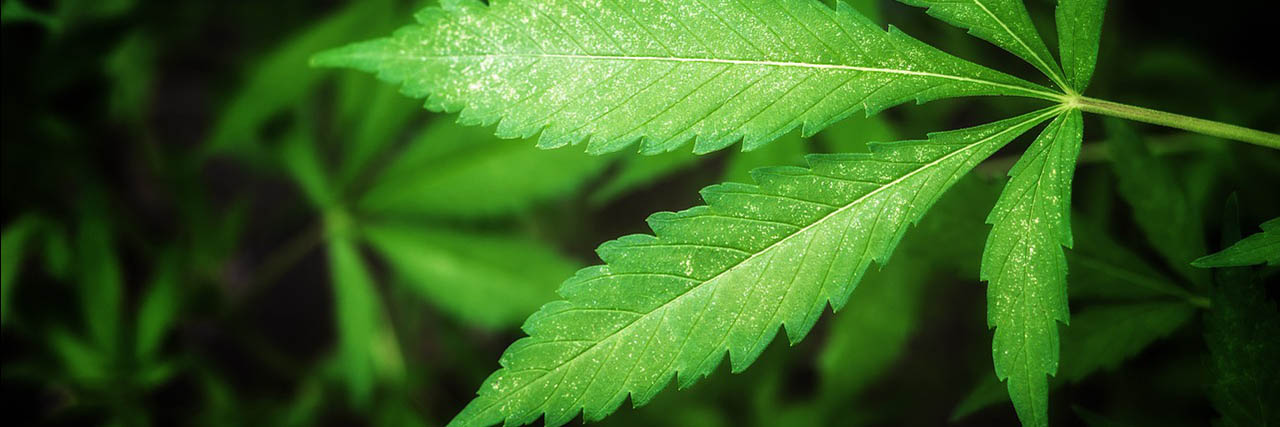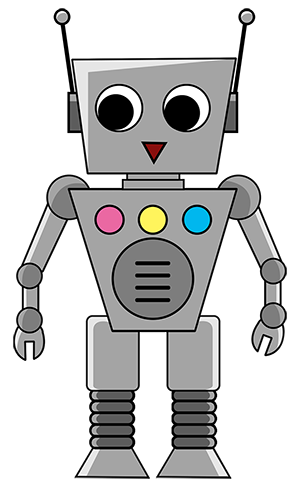Recreational Uses of Cannabis
The recreational use of cannabis has become increasingly popular and accepted in various cultures and legal jurisdictions. This detailed report covers its effects, methods of consumption, cultural significance, legal status, and health considerations.
1. Overview of Recreational Cannabis Use
Recreational cannabis refers to the use of cannabis for pleasure or enjoyment rather than medicinal purposes. Users often seek cannabis for its psychoactive effects, social experiences, and enhancement of sensory perceptions.
2. Effects of Cannabis
The effects of cannabis vary widely based on strain, cannabinoid profile, consumption method, and individual factors. The two primary cannabinoids influencing recreational effects are:
- Tetrahydrocannabinol (THC): The primary psychoactive compound responsible for the euphoric "high." Effects include relaxation, euphoria, altered perception, and increased sensory awareness. High doses may cause anxiety or paranoia.
- Cannabidiol (CBD): Generally non-psychoactive, CBD can moderate THC's effects and provide calming properties.
Common Effects
- Euphoria: A sense of well-being and happiness.
- Relaxation: A calming effect, often sought for stress relief.
- Increased Appetite: Commonly referred to as "the munchies."
- Altered Perception: Changes in the perception of time, space, and sensory experiences.
- Sociability: Enhanced social interactions and conversations.
Negative Effects
- Anxiety and Paranoia: Triggered by high THC doses, particularly in inexperienced users.
- Impaired Coordination: Affects motor skills and reaction times, making activities like driving dangerous.
- Memory Impairment: Short-term memory may be affected during intoxication.
3. Methods of Consumption
- Smoking: Inhalation through joints, blunts, or pipes provides rapid onset of effects but may pose respiratory risks.
- Vaporization: Heats cannabis to release cannabinoids without combustion, offering a healthier alternative to smoking.
- Edibles: Cannabis-infused foods and beverages provide long-lasting effects but have a delayed onset (30 minutes to 2 hours).
- Tinctures: Alcohol-based extracts taken sublingually for quick absorption and precise dosing.
- Concentrates: Potent forms of cannabis (e.g., wax, shatter) for intense effects when smoked or vaporized.
- Topicals: Creams and balms for localized effects without psychoactive experiences.
4. Cultural and Social Significance
- Social Gatherings: Cannabis is commonly consumed in social settings to enhance camaraderie and creativity.
- Art and Creativity: Many artists and musicians use cannabis to inspire creativity and enhance artistic expressions.
- Cultural Practices: In some cultures, cannabis is integrated into rituals and ceremonies, celebrating its significance.
5. Legal Status
- Legalization: Countries like Canada and Uruguay, and U.S. states like California, have legalized recreational cannabis.
- Decriminalization: Some regions reduce penalties for possession but do not legalize its sale.
- Prohibition: Many places still prohibit cannabis, enforcing strict penalties for possession and use.
6. Health Considerations
Benefits
- Relaxation and Stress Relief: Many users find cannabis helps unwind and reduce stress.
- Social Enjoyment: Enhances social experiences, laughter, and bonding.
Risks
- Mental Health Effects: High THC strains can trigger anxiety or paranoia in some individuals.
- Dependence: Regular use can lead to cannabis use disorder in some users.
- Impaired Functioning: Affects cognitive function and motor skills, making certain activities unsafe.
7. The Future of Recreational Cannabis
- Expansion of Legal Markets: More jurisdictions are considering legalization, offering economic opportunities.
- Research on Effects: Ongoing studies aim to understand long-term effects and potential benefits.
- Consumer Education: Education on safe and responsible use will become increasingly important as markets grow.
Conclusion
Recreational cannabis offers various effects and experiences influenced by consumption method, strain, and user factors. While it can enhance social interactions and provide relaxation, responsible use is essential. As societal attitudes and legal frameworks evolve, recreational cannabis will continue to be a significant topic of discussion and exploration.
 Shop
Shop Info
Info Words
Words World
World






 Overview
Overview

